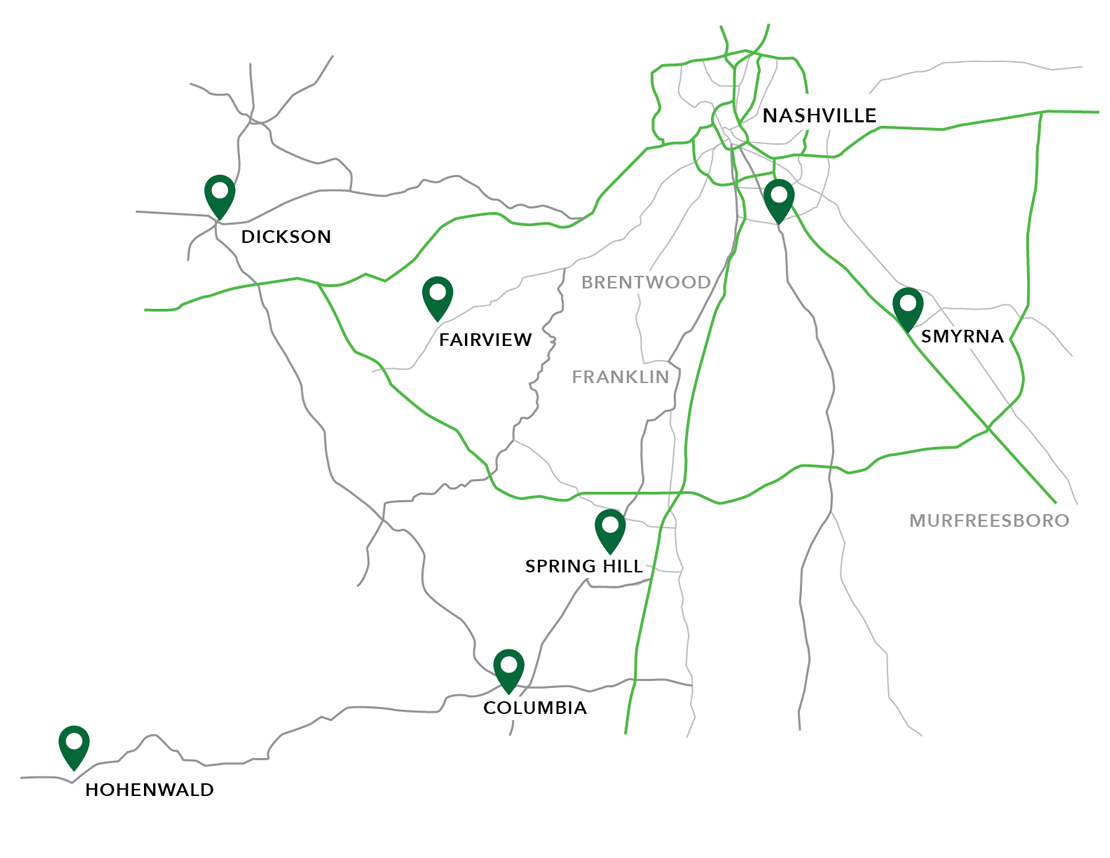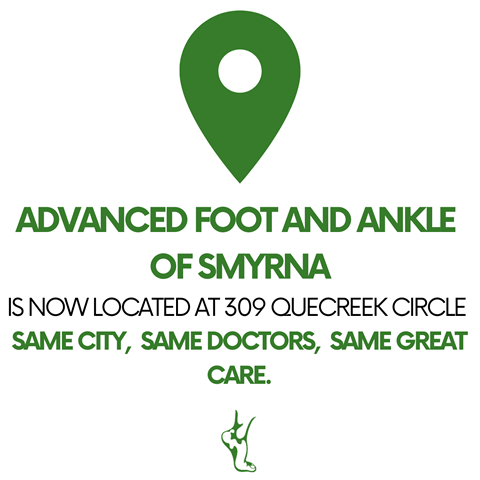
Bunions are bony bumps that form at the base of the big toe as the tip of the toe angles toward the second toe. Bunions are common among women, especially those who wear tight or high-heeled shoes, and older adults, whose joints may naturally weaken over time. Symptoms include pain, swelling, and redness surrounding the affected area, with the bunion becoming more noticeable as it grows. The condition can make walking uncomfortable and cause difficulty fitting into shoes. The primary cause of bunions is abnormal foot mechanics, often made worse by wearing ill-fitting shoes or having a family history of the condition. Arthritis or other joint conditions can also contribute to bunion development. A podiatrist can help by offering custom orthotics, padding, or shoe modifications to alleviate pain. In severe cases, surgery may be prescribed to correct the deformity. If you are have a painful bunion, it is suggested that you schedule an appointment with a podiatrist.
If you are suffering from bunion pain, contact one of our podiatrists of Advanced Foot & Ankle Care Centers. Our doctors can provide the care you need to keep you pain-free and on your feet.
What Is a Bunion?
Bunions are painful bony bumps that usually develop on the inside of the foot at the joint of the big toe. As the deformity increases over time, it may become painful to walk and wear shoes. Women are more likely to exacerbate existing bunions since they often wear tight, narrow shoes that shift their toes together. Bunion pain can be relieved by wearing wider shoes with enough room for the toes.
Causes
- Genetics – some people inherit feet that are more prone to bunion development
- Inflammatory Conditions - rheumatoid arthritis and polio may cause bunion development
Symptoms
- Redness and inflammation
- Pain and tenderness
- Callus or corns on the bump
- Restricted motion in the big toe
In order to diagnose your bunion, your podiatrist may ask about your medical history, symptoms, and general health. Your doctor might also order an x-ray to take a closer look at your feet. Nonsurgical treatment options include orthotics, padding, icing, changes in footwear, and medication. If nonsurgical treatments don’t alleviate your bunion pain, surgery may be necessary.
If you have any questions, please feel free to contact our offices located in Nashville, Smyrna, Spring Hill, Columbia, Dickson, Fairview, Hohenwald, TN and the Middle Tennessee community . We offer the newest diagnostic and treatment technologies for all your foot care needs.


